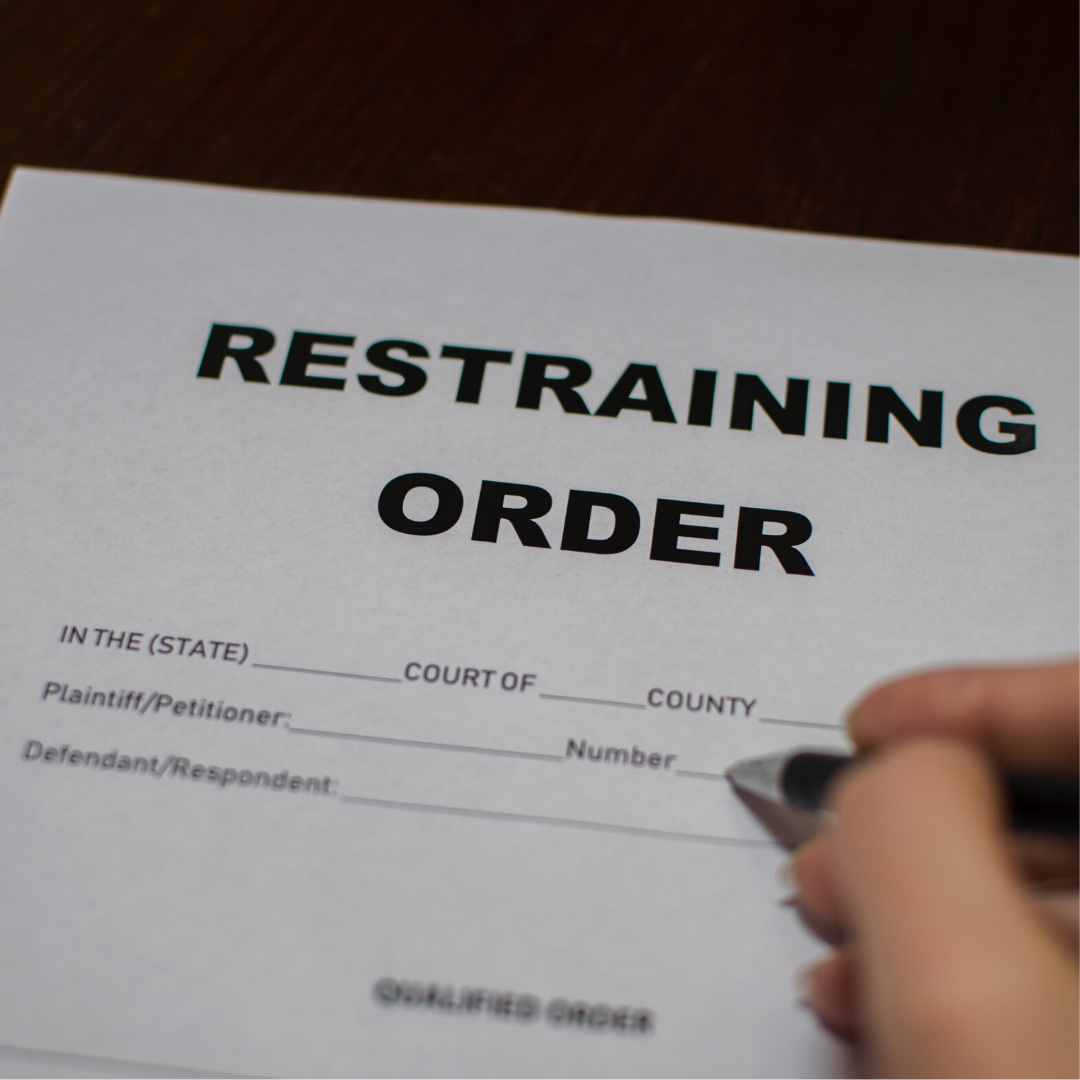
In a recent post, I wrote about the best ways to defend against a Final Restraining Order (FRO). However, unfortunately, it is not always possible to successfully defend against the entry of an FRO. Therefore, defendants need to know the serious consequences associated with an FRO. They also need to understand that “final” does not necessarily mean “forever” in this particular context. There is statutory authority that allows for Final Restraining Orders to be dissolved or modified under certain circumstances. This is generally not a quick fix though and the Courts will not entertain such an application lightly.
Pursuant to the relevant statute: “Upon good cause shown, any final order may be dissolved or modified upon application to the Family Part of the Chancery Division of the Superior Court, but only if the judge who dissolves or modifies the order is the same judge who entered the order, or has available a complete record of the hearing or hearings on which the order was based.”
Looking at this statutory language, there are several things of note to consider. First, the sole requirement is the showing of ‘good cause’. Secondly, it is important to note that the judge who enters the final restraining order must be the judge who considers an application dissolution or modification. If that judge is unavailable, then a different judge can hear that application ONLY if he or she has a complete transcript of the prior proceedings that led to the entry of the FRO. Please note that a different judge will require additional time and expense.
There is a published trial court decision. It sets forth a list of eleven (11) factors for any Court to consider when making a determination on a modification or dissolution of a FRO application. The factors are as follows:
Factor #2 – Courts are to analyze fear as the objective fear which a reasonable victim similarly situated would have under the circumstances. The Courts are NOT analyzing the subjective fear of that particular victim, as this would simply amount to a situation where the victim would always be 100% in control of whether or not a FRO could be dissolved or modified.
Factor #9 – Courts are specifically tasked with making a determination as to the basis upon which a victim is seeking to object to this type of application. As previously noted, the Courts must be aware of the situations where “one party to a divorce action abuses the Act to gain advantage in the underlying matrimonial action.” This is worth noting because the victim must have a good faith reason for objecting to this type of application.
It will always be the defendant’s burden of proof. He or she must show changes in circumstances that warrant a dissolution or modification of a FRO. And, arguments must be based upon the complete analysis of the factors set forth above. It is always best to navigate these sensitive matters with the assistance of counsel. One with experience at presenting the best application for modification or termination of the Final Restraining Order.
Contact us for more information regarding FROs, or if you have other family law questions.
The Super Lawyers List is issued by Thompson Reuters. A description of the selection methodology can be found here. Visit here for the selection methodology for Best Lawyers. A description of the Martindale-Hubbell AV Preeminent® status selection methodology can be found here. No aspect of this advertisement has been approved by the Supreme Court of New Jersey.
© 2024 Lawrence Law Firm.
All rights reserved | Attorney Advertising